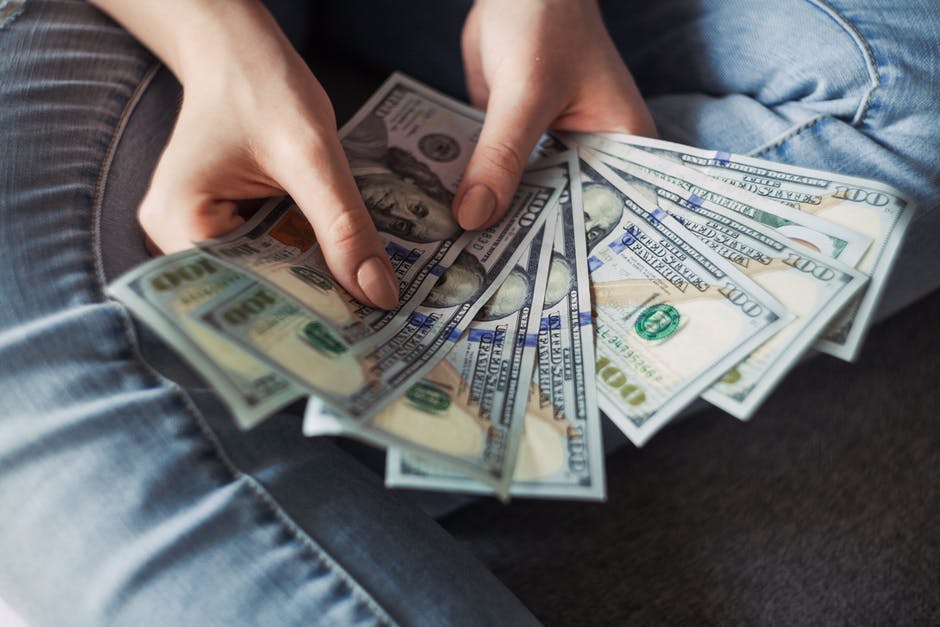People have long used credit cards to pay for big-ticket items, vacations, and everyday purchases. There’s another form of credit that is growing faster than any other form of consumer credit: personal loans.
There are many reasons why you can and should take out a personal loan. Plus, they offer a lot of advantages than other types of debt.
Keep reading to find out more about what a loan is and what it should be used for.
What’s a Personal Loan?
A personal loan is a type of loan that can be used for almost any purpose. Unlike credit cards or revolving lines of credit, you pay the loan back in fixed installment payments.
This makes a personal loan predictable because the monthly payment and interest rate doesn’t change.
What a Loan Should Be Used For
Personal loans are popular because they can be used for anything. Just because you can use it for anything like paying for a vacation, doesn’t mean that it’s a smart way to leverage debt.
Here are some things that a loan should be used for.
Pay off Credit Card Debt
Credit cards often come with high interest rates. Some can be as high as 30%. You can lower the amount of money you pay to banks by taking out a personal loan. You apply the loan to pay off credit card debt and you pay the loan off at a lower interest rate.
Start a Business
A personal loan can be used to help you start a business. You use the debt into an income generating machine. You can get your business off the ground faster than trying to fund it yourself.
Improve Credit Score
If you have bad credit, a loan can be used to get your credit back on track. All you have to do is pay the loan back on time each month.
Ways to Get a Loan
Once you realize that personal loans are financial tools that offer a lot of flexibility, you may want to get one. Here’s how you can get the right personal loan for you.
Know How Much You Need and For What Purpose
A personal loan is a great financial tool, but you still have to be responsible with it. You want to know what you’re going to use the loan for and why.
Some loan applications will ask you the purpose of the loan. You also want to know how much you need. For example, if you are going to use a loan to start a business, you’ll need to know your startup costs, the first few months of operating expenses, and add a cushion in the budget for a contingency.
Check Your Credit Score
Your credit score is going to be a major factor in getting a personal loan. You want to make sure that your credit score is at least 650 before you apply.
That gives you a good chance to get approved and get a great interest rate. If you don’t know what your credit score is, you can check with your bank or credit card company. They often offer free credit score monitoring.
Shop Around for Loans
Go to different lenders online and in-person to get a soft credit check pulled. This is a preliminary credit pull that won’t impact your credit score. It provides lenders enough information to give you a ballpark estimate as to what they can offer you.
When shopping for loans, you’re likely to just look at the monthly installment payments and nothing else. While you want to make sure that you can make the payments each month, this method can cost you more money in the long run.
Take a look at the monthly payments and the total cost of the loan. You could take out a $5,000 loan at a 7% interest rate.
If you pay off the loan in 48 months, you’ll pay about $120 a month and $747 in interest. The total cost of the loan is $5747.
You want to lower the monthly payment, so you extend the terms to 60 months at the same interest rate. You pay $99 a month, but the total cost of the loan is now $5,940. Do you really want to pay the bank an extra $200 for nothing?
When you look at it from that perspective, a personal loan can be a big money-maker for banks.
Use Collateral
Most personal loans are considered to be unsecured loans. These are loans that are given without anything in return. You just have to have an income, good credit or pay a lot more in interest to get them.
If you default on the loan, you usually don’t lose anything. Your credit score will drop significantly, and you’ll get sent to a collections agency.
There are also secured loans. These are loans that are given that you pay off every month just like an unsecured loan. With a secured loan, the banks have some kind of recourse if you don’t pay the loan off.
A mortgage is an example of a secured loan. When you default on a mortgage, the bank can foreclose on your home and take it back from you.
These loans generally have a lower interest rate than unsecured personal loans. Securing your loan with some kind of collateral lowers the bank’s risk of losing money. The lower risk and costs are passed on to consumers in the form of a lower interest rate.
You can get a loan that’s secured by stocks, a car, your home, or other assets.
Leverage the Power of Personal Loans
Personal loans are powerful tools that you can use to do a variety of things, from starting a business to pay down debt.
Like any financial tool, they should be used responsibly. What a loan can do for you is that it gives you the flexibility you need to improve your financial situation.
Check out the Finance section of this site often for more creative ways to manage your money.




